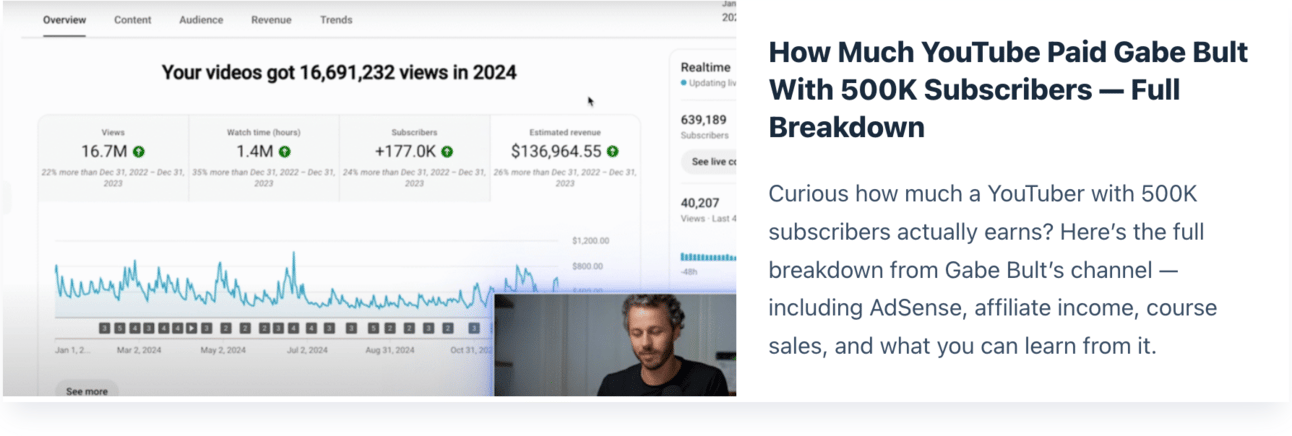Was this email forwarded to you? Subscribe here.
We spend much of our lives trying to avoid discomfort—dodging difficult conversations, skipping new challenges, and sticking with what we know. But here’s the truth: if you're too comfortable, you're probably not growing.
Discomfort is more than a nuisance. It’s a signal. A teacher. And according to psychologists, business leaders, and even Mister Rogers, it’s often the very thing ushering us into our next level.
In this week’s Remarkable Monday, we’re exploring the liberating truth that discomfort isn’t the enemy—it’s the evidence. Growth is supposed to stretch you. The question is: will you let it?
Discomfort Is a Sign You’re on the Right Path
It’s counterintuitive, but discomfort often means you’re on the right path. “When we are uncomfortable, it’s a sign we are starting a growth process,” according to Thrive Global contributor Terri Kozlowski. This isn’t just motivational talk—it’s backed by science and personal development research.
Think of it like lifting weights—you don’t get stronger by staying still. The resistance is the point. “Personal growth depends on effort and struggle, perhaps some pain, at times risking one’s security,” says Bruce Wilson, Ph.D., writing for Psychology Today.

Why We Resist What’s Good for Us
So, why do we resist discomfort so fiercely?
Because the ego loves safety. Comfort feels like control. But the same routines that once gave you stability can become the very structures that keep you small. Kozlowski explains, “Discomfort is a feeling of the ego trying to keep us stagnate.” It tricks us into thinking comfort equals peace when, in reality, it may just mean we’ve stopped reaching.
Here’s the liberating truth: discomfort is not a red flag. It’s a green light.
Reframing Discomfort as Progress
In fact, reframing discomfort as a sign of progress is a core principle in developing a growth mindset. Kira Newman of the Greater Good Science Center notes that embracing discomfort can actually make us more motivated, more curious, and more engaged in the pursuit of our goals. Growth asks you to trade in what's familiar for what’s possible.
And it doesn’t stop there.
Discomfort doesn’t just catalyze growth—it paves the way for freedom. Wilson points out that leaving behind patterns of fear, anxiety, and control opens the door to more fulfilling emotions like hope and compassion. This echoes Viktor Frankl’s powerful insight: “Between stimulus and response, there is a space. In that space is our power to choose our response. In our response lies our growth and our freedom.”

So, how do we navigate this uncomfortable—but—necessary process?
Here’s what the research suggests:
Slow down and reflect. Growth begins with awareness. Prayer, journaling, and introspection are essential tools for uncovering what's beneath the discomfort.
Reframe discomfort as a signal. Instead of asking, “Why is this happening to me?” try asking, “What is this teaching me?”
Take action—even small steps. Forward motion creates confidence. One brave move at a time.
Lean on your support system. Authentic connection can be the difference between staying stuck and stepping forward.
Practice self-compassion. Regression is part of the process. Growth isn’t linear, but it is worth it.
Final Thought
Finally, remember this: growth and comfort cannot coexist. If you’re feeling the stretch, that might just be proof that you’re evolving.
And friend, that’s a good thing.
If you are reading this far…
I hope this message finds you well. I’m sharing from my heart in hopes that you will be inspired to unearth and live out your God-given purpose. Hopefully, something I said resonated. I would love to hear from you if so. Please feel free to reach out to me on social media. FYI: I’m mostly active on Instagram these days. If you were forwarded this message, you can subscribe here to receive thoughts like this directly in your inbox. And don’t forget to check out the latest episode of my podcast, ConvoRoom with Mark Allen Patterson.
See you next week,
